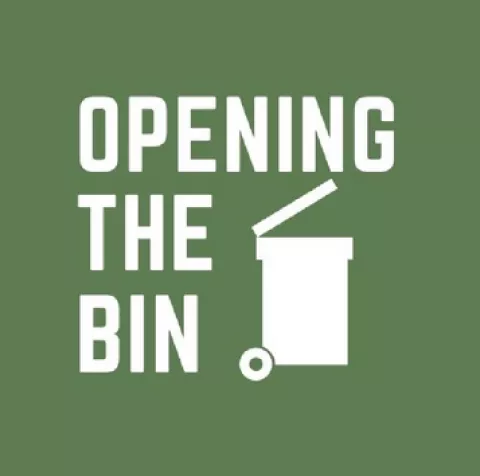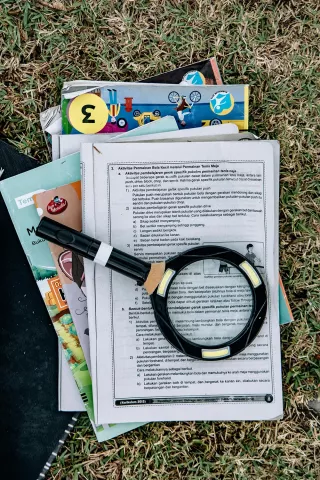-
Alila Brossard Antonielli
Local production of medicines in Mozambique: at crossroads of pharmaceutical knowledge circulation



In the first years after its independence in 1975, Mozambique had a voluntarist pharmaceutical policy that prioritised essential generic medicines, in accordance with the World Health Organization’s policies at the time of ‘Health for All’ and the Alma-Ata Conference. Several initiatives to install local production of medicines in Mozambique were started in the late 1970s–1980s with International support from United Nations Agencies, bilateral cooperation from European and Socialist countries and a Swedish multinational pharmaceutical company. UNIDO experts from Hungary and Bangladesh did install an Oral Rehydration Salts production unit in Beira City, funded by PNUD. The EMOFAR plant (Mozambique Pharmaceutical Enterprise, in its Portuguese acronym) did not manage to produce at full capacity in a context of economic crisis, structural adjustment, civil war and lack of professionals with the requirements to be trained for its management and production process and closed around 1989.
...





